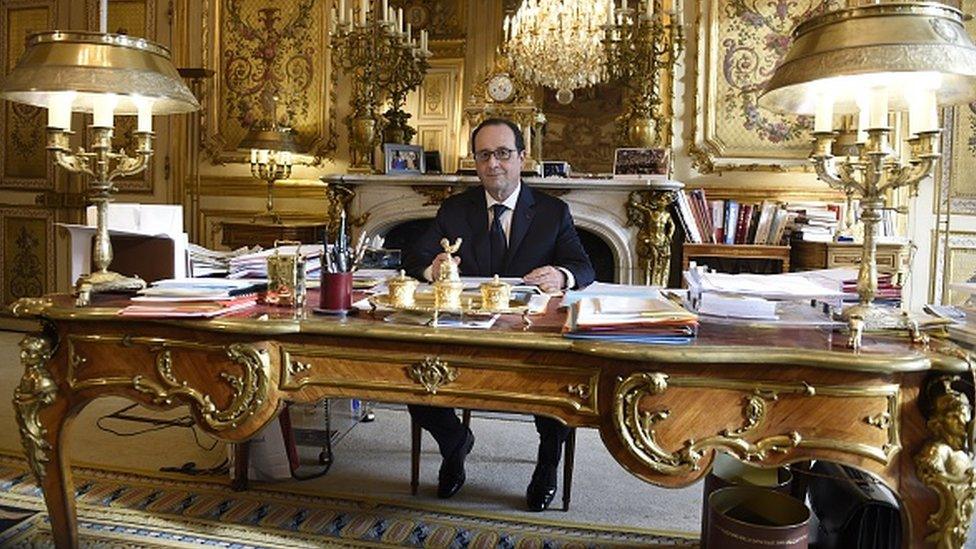'Shadow shadow cabinet' claim denied
- Published
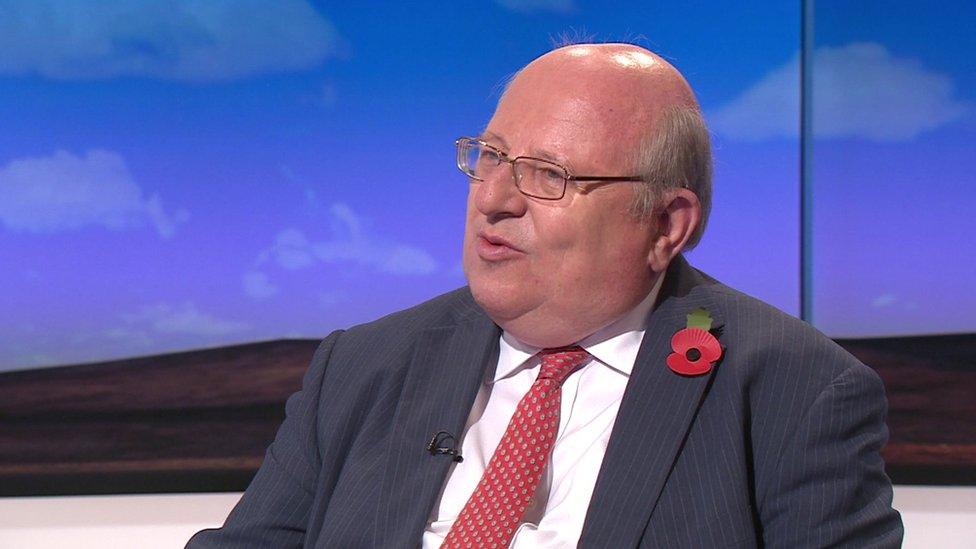
Mike Gapes has previously suggested the party has no "credible leadership"
A Jeremy Corbyn critic has rejected talk of MPs on the Labour right forming a "shadow, shadow cabinet" after they seized key policy making roles.
Mike Gapes said he chiefly wanted Mr Corbyn to "listen to and work with" MPs chairing backbench policy committees - most of whom did not vote for him.
Without their support, he suggested the Labour leader "could not succeed".
But Corbyn-supporting Labour MP Ronnie Campbell said the committees were merely "talking shops".
Mr Corbyn disagrees with his many of his MPs in key policy areas, including the renewal of Trident, the welfare cap and military action in Syria. Many of those at odds with him have now taken roles chairing internal Labour policy committees.
They include pro-Trident MP John Woodcock, former shadow chancellor Chris Leslie, who has attacked Mr Corbyn's economic policy, and former frontbenchers Tristram Hunt, Ivan Lewis, Emma Reynolds and Shabana Mahmood, all of whom quit the shadow cabinet after his election.
Mr Gapes, who last month tweeted , externalthat there was "now no collective Shadow cabinet responsibility in our Party, no clarity on economic policy and no credible leadership" will chair the party's foreign affairs committee.
The committee chairmen will have the power to stand in for shadow ministers at the despatch box, although this is rarely used, and to influence policy decisions behind the scenes.
'Big role'
It has been suggested that there was a concerted effort by Corbyn-sceptic MPs to gain control of one of the party's policy making mechanisms to push back at Mr Corbyn's allies, who are strongly represented in the shadow cabinet and on the National Executive Committee.
Mr Gapes, the MP for Ilford South, told the BBC's Daily Politics that they were not trying to create an alternative power base but wanted to be "part of the process" of formulating policy.
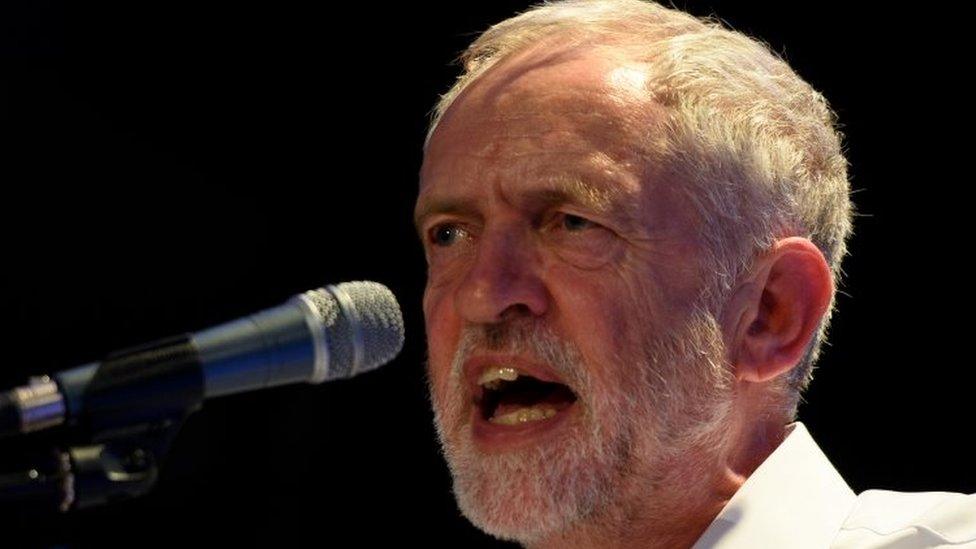
Jeremy Corbyn has said policy making has been too centralised under successive leaders
"There is no shadow, shadow cabinet," he told Daily Politics. "It is a nice headline but the reality is the parliamentary party will want to work collectively and cohesively and the backbench committees will play a big role into the input to the development of policy."
Mr Gapes, who has said there is "no clarity on economic policy or credible leadership" under Mr Corbyn, said he and like-minded colleagues would be seeking to make their influence felt on the National Policy Forum and other powerful bodies.
"Policy will be decided by the party overall but MPs are an essential part of this process...No leader can be successful if they don't take their parliamentary colleagues with them....We have to have a leadership that listens to and work with the parliamentary party."
'Running the party'
But Mr Campbell, the MP for Blyth Valley who was among those to nominate Mr Corbyn for the party leadership, suggested the internal committees would have very little influence over the direction of the party.
"These committees are just talking shops really," he told Daily Politics. "They don't make policy. The Labour party members out there and the affiliated (groups) make policy."
MPs should not overstate their power, he claimed, suggesting they owed their loyalties to their constituents and their local members.
"They are not the Labour Party. The Labour Party is made up of its members and affiliates. They (the MPs) want to get off this sort of hook they are getting onto thinking that they are going to take over the parliamentary party and run the party. They are not running the party and never will."
Mr Corbyn has said he wants the parliamentary committees, which had a low profile under Ed Miliband, to become more influential.
The Labour leader has also vowed to open up the party's policy making process to its members, the vast majority of whom voted for him to be leader, claiming that decision making has become increasingly centralised under successive leaders.
He wants to give the party's annual conference a much greater say in determining policy.
- Published5 November 2015
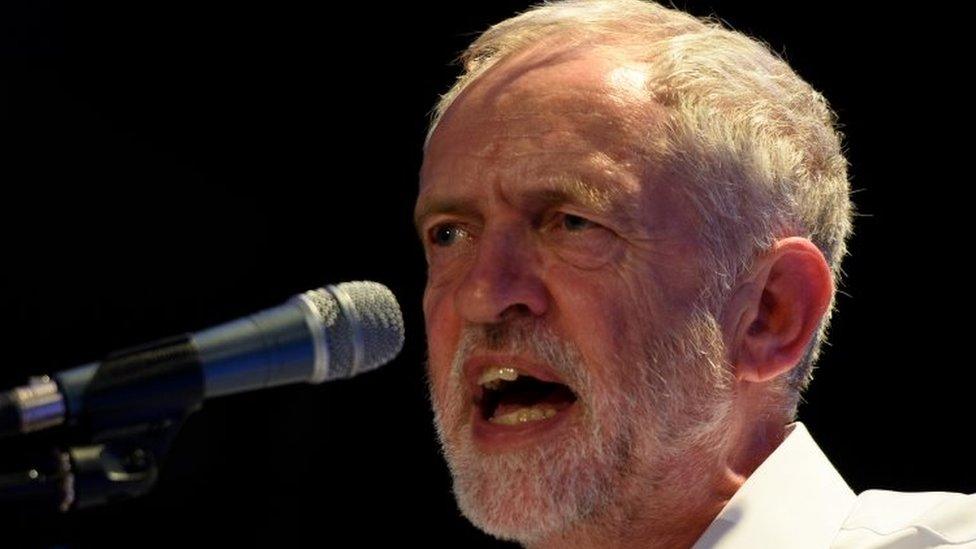
- Published3 November 2015
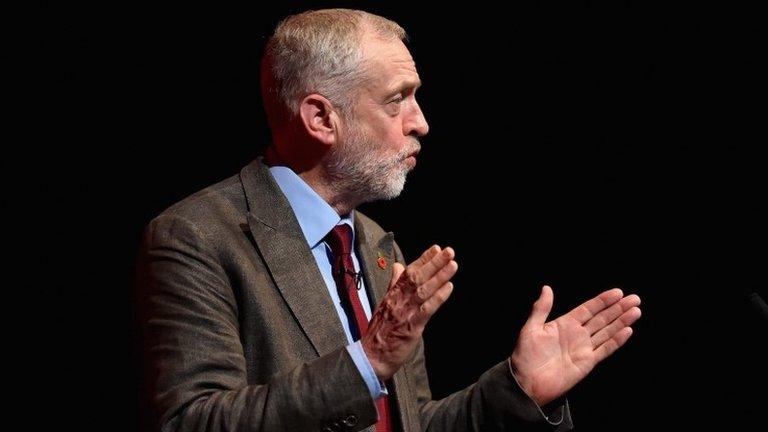
- Published3 November 2015
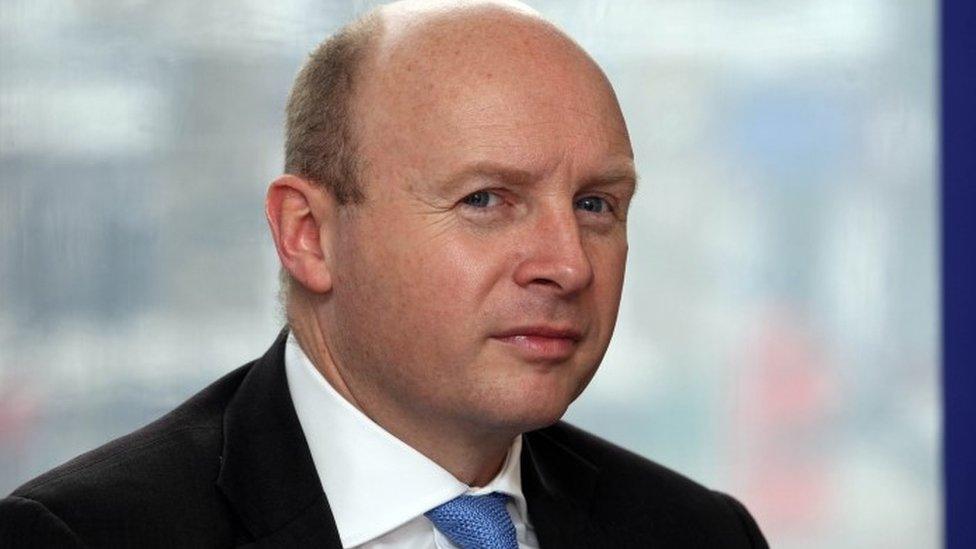
- Published5 November 2015
